Probiotics have been making waves in the health and wellness industry, lauded for their ability to promote a healthy gut microbiome and numerous potential health benefits. These “good” bacteria are a must-have in our diet, from improving digestion to boosting the immune system. Let’s delve into 15 health-enhancing probiotic foods you should consider incorporating into your meals.
Understanding Probiotics: A Quick Overview
Probiotics are live microorganisms, often referred to as ‘good’ bacteria, that confer various health benefits when consumed in adequate amounts. They help maintain a healthy balance of gut bacteria, improve the immune system, and facilitate the absorption of nutrients in the body.
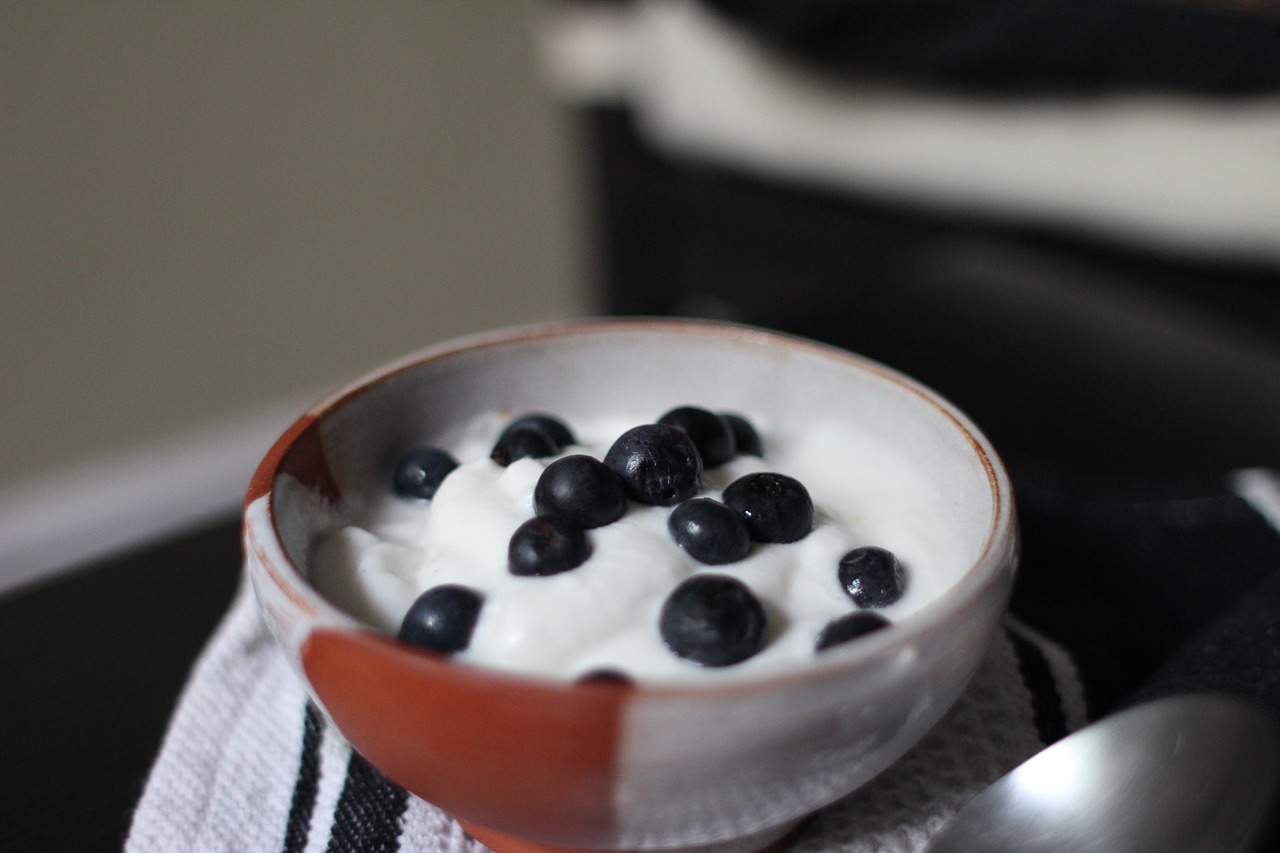
1. Yoghurt
Yoghurt is probably the most well-known source of probiotics. It is made by fermenting milk with beneficial bacteria, primarily lactic acid bacteria and bifidobacteria. Yoghurt can boost digestive health by reducing the symptoms of common gastrointestinal disorders like bloating, diarrhoea, and constipation.
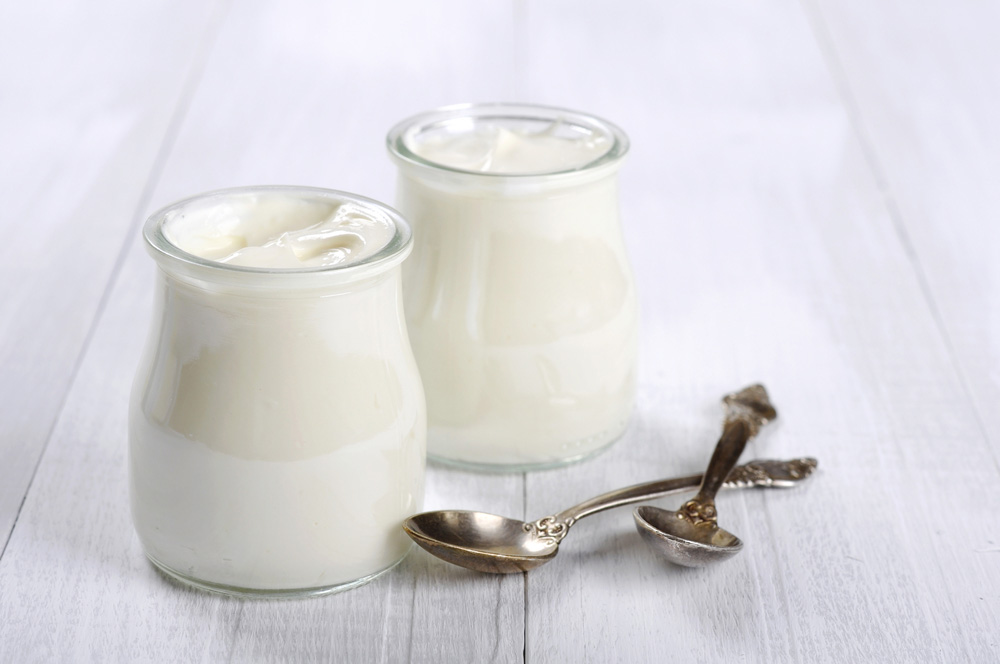
2. Kefir
Kefir is a fermented milk drink, similar to a thin yoghurt, made with kefir grains, a type of culture of yeast and lactic acid bacteria. It is a more potent source of probiotics than yoghurt and can improve bone health and help fight infections.
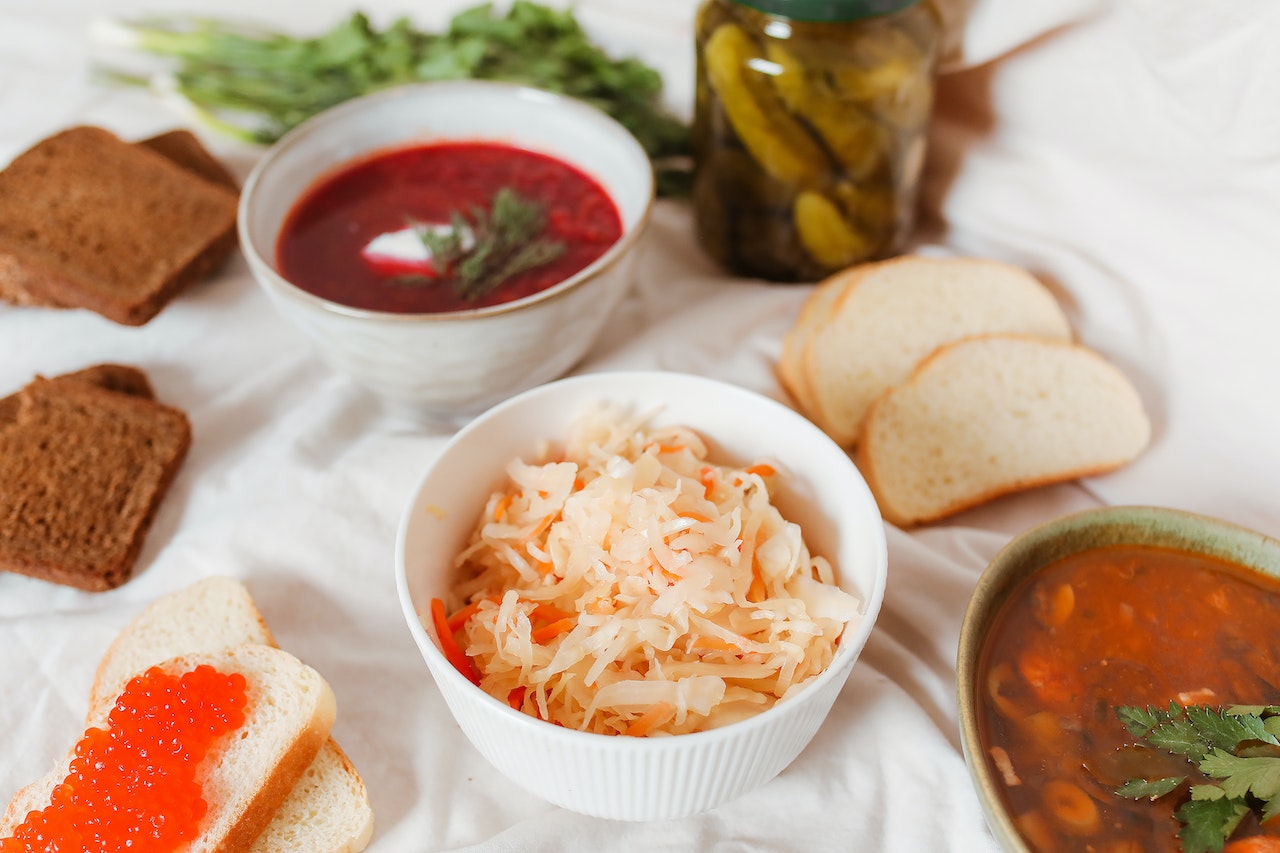
3. Sauerkraut
Sauerkraut, or fermented cabbage, is rich in probiotics and vitamins C and K, iron, and dietary fibre. Its consumption has been linked to better immune function and weight management.
4. Kimchi
Kimchi is a Korean staple made from fermented cabbage and other vegetables. It contains the lactic acid bacteria Lactobacillus kimchii, along with key vitamins and minerals.
5. Tempeh
Tempeh is a fermented soybean product that serves as an excellent probiotic food and a rich source of protein, making it a popular meat substitute among vegetarians and vegans.
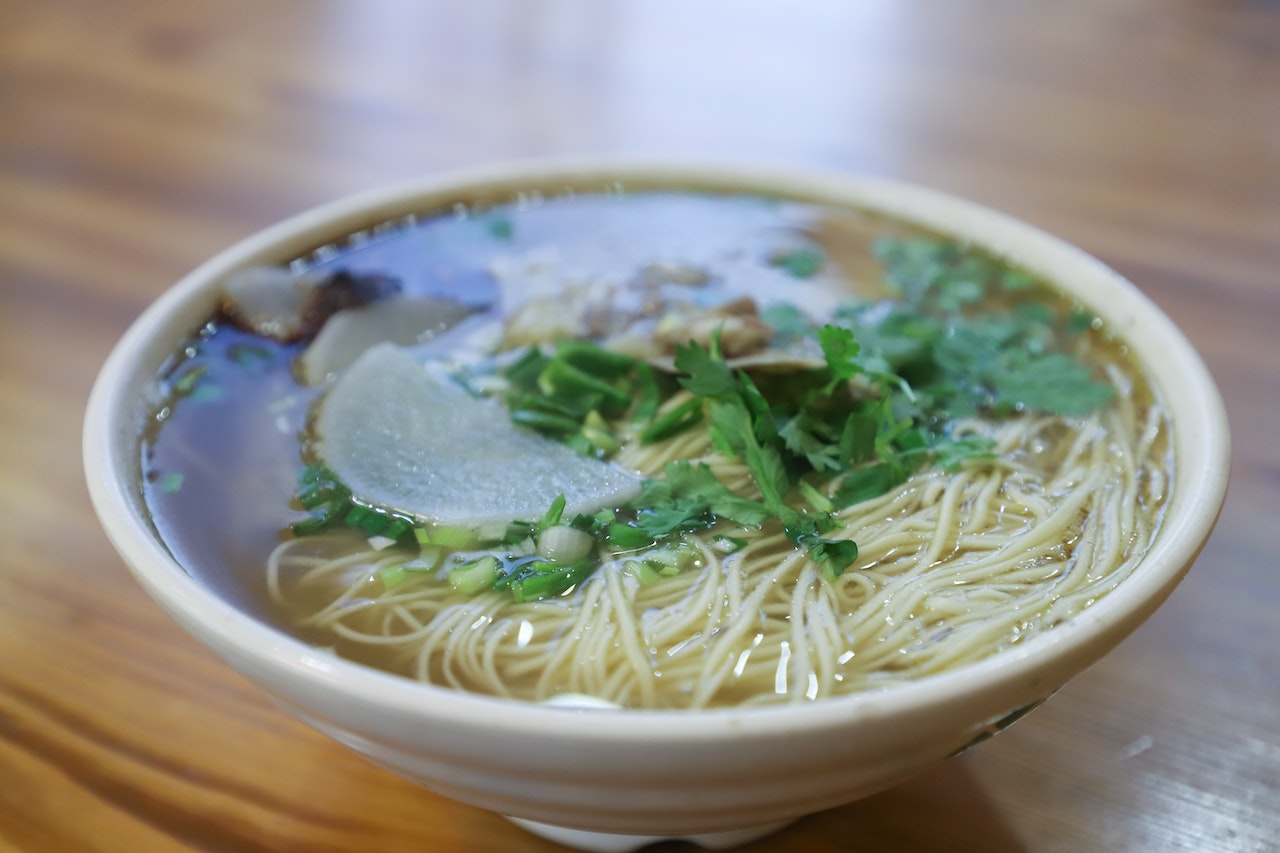
6. Miso
Miso, a traditional Japanese seasoning, is made by fermenting soybeans with salt and a type of fungus called koji. Miso soup is a good source of probiotics and has been associated with improved digestion and a lowered risk of cancer.
7. Kombucha
Kombucha is a fermented tea that contains a symbiotic culture of bacteria and yeast (SCOBY). Regular consumption of kombucha may aid weight loss and improve liver health.
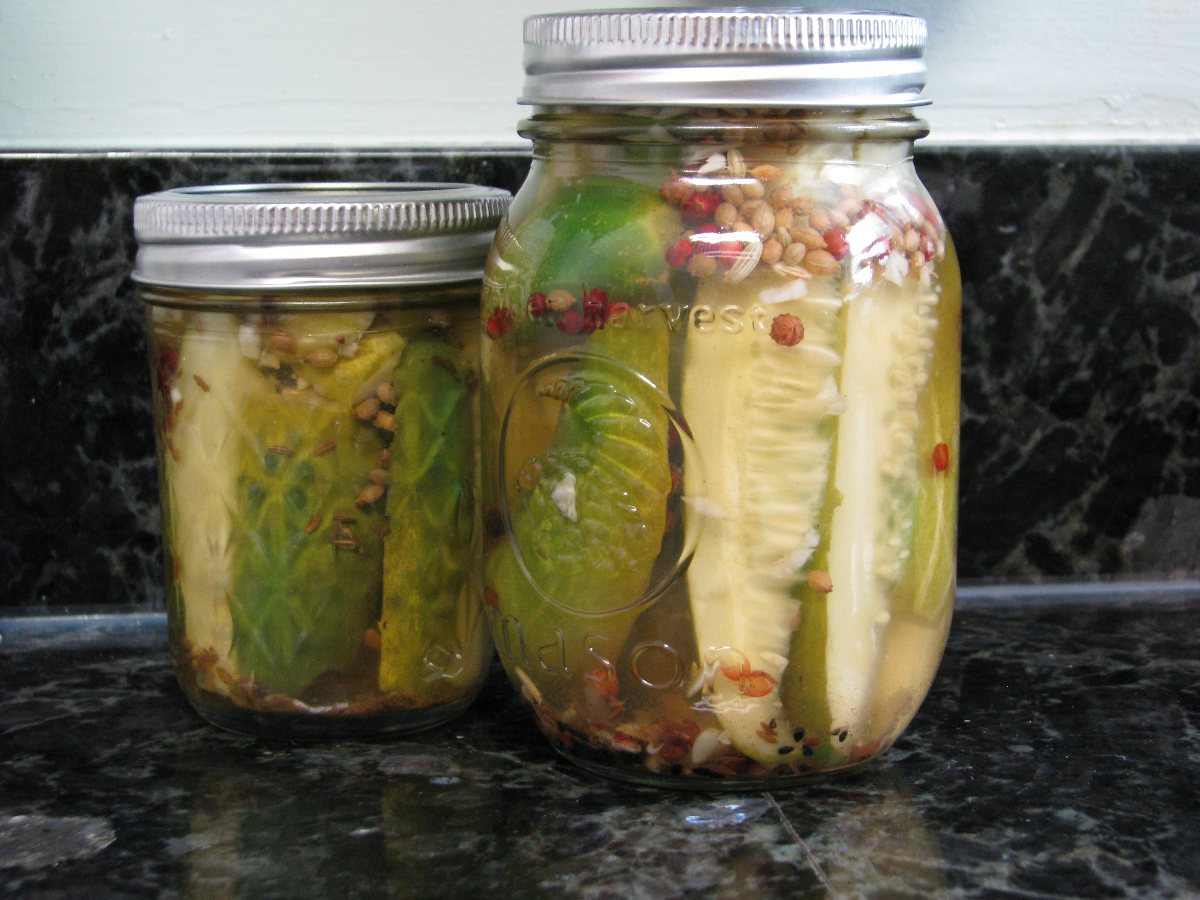
8. Pickles
Pickles (or gherkins) are cucumbers that have been pickled in a solution of salt and water. They are a great low-calorie snack that is high in probiotic bacteria.
9. Traditional Buttermilk
Traditional buttermilk, or “grandma’s probiotic,” is a by-product of making butter. It is rich in probiotics and has been linked to improved bone health and lowered blood pressure.
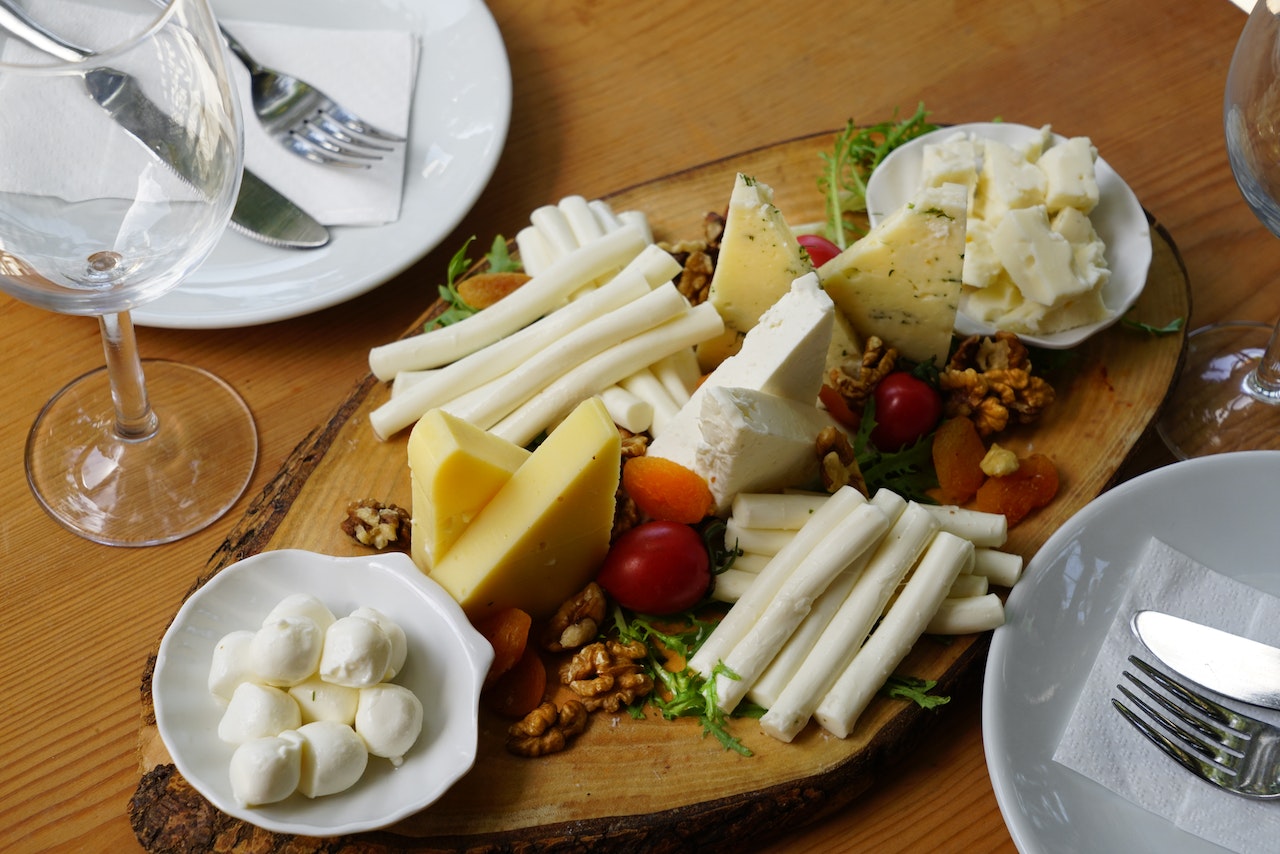
10. Some Types of Cheese
While not all cheeses are probiotic, some, like Gouda, mozzarella, cheddar, and cottage cheese, have been found to contain these beneficial bacteria.
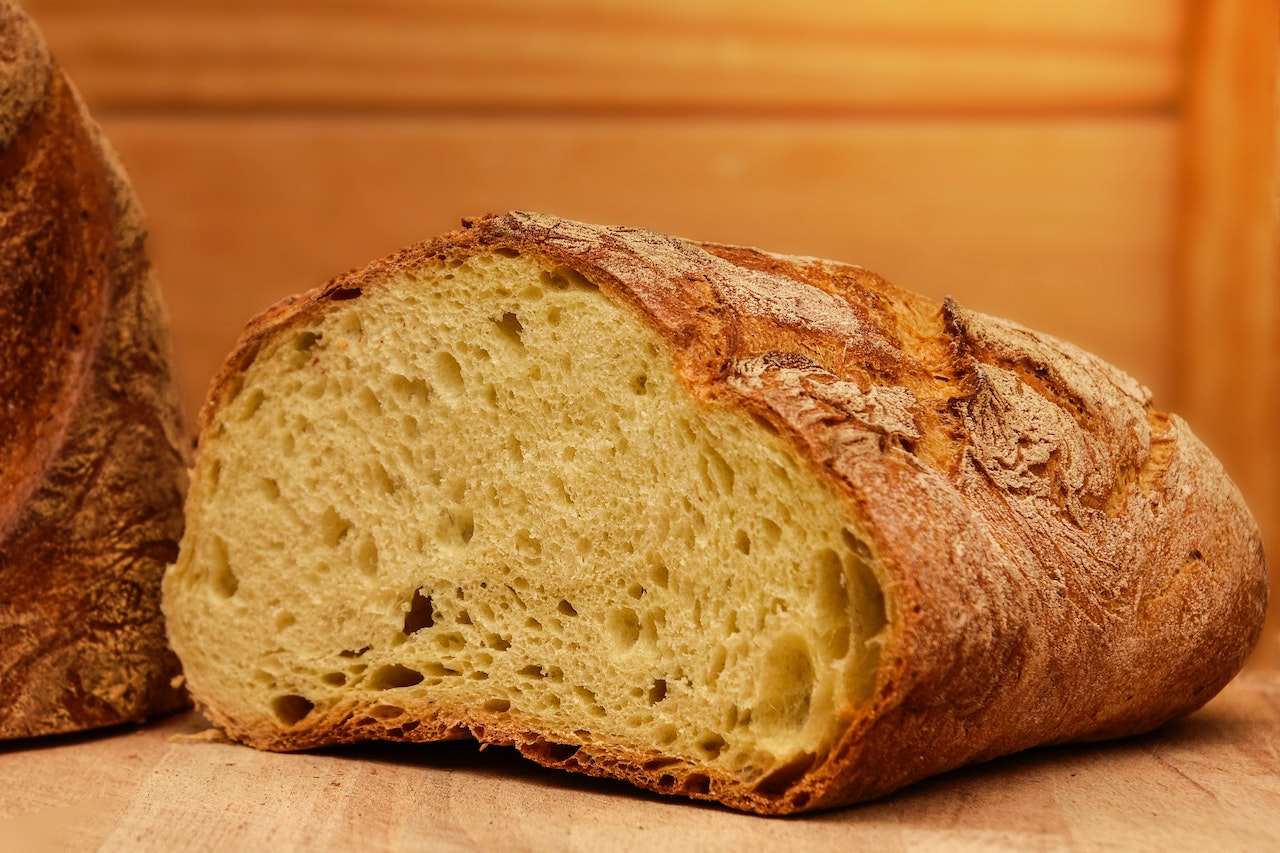
11. Sourdough Bread
The sourdough starter used in making sourdough bread contains the beneficial bacteria Lactobacillus, making it a probiotic-rich food option.
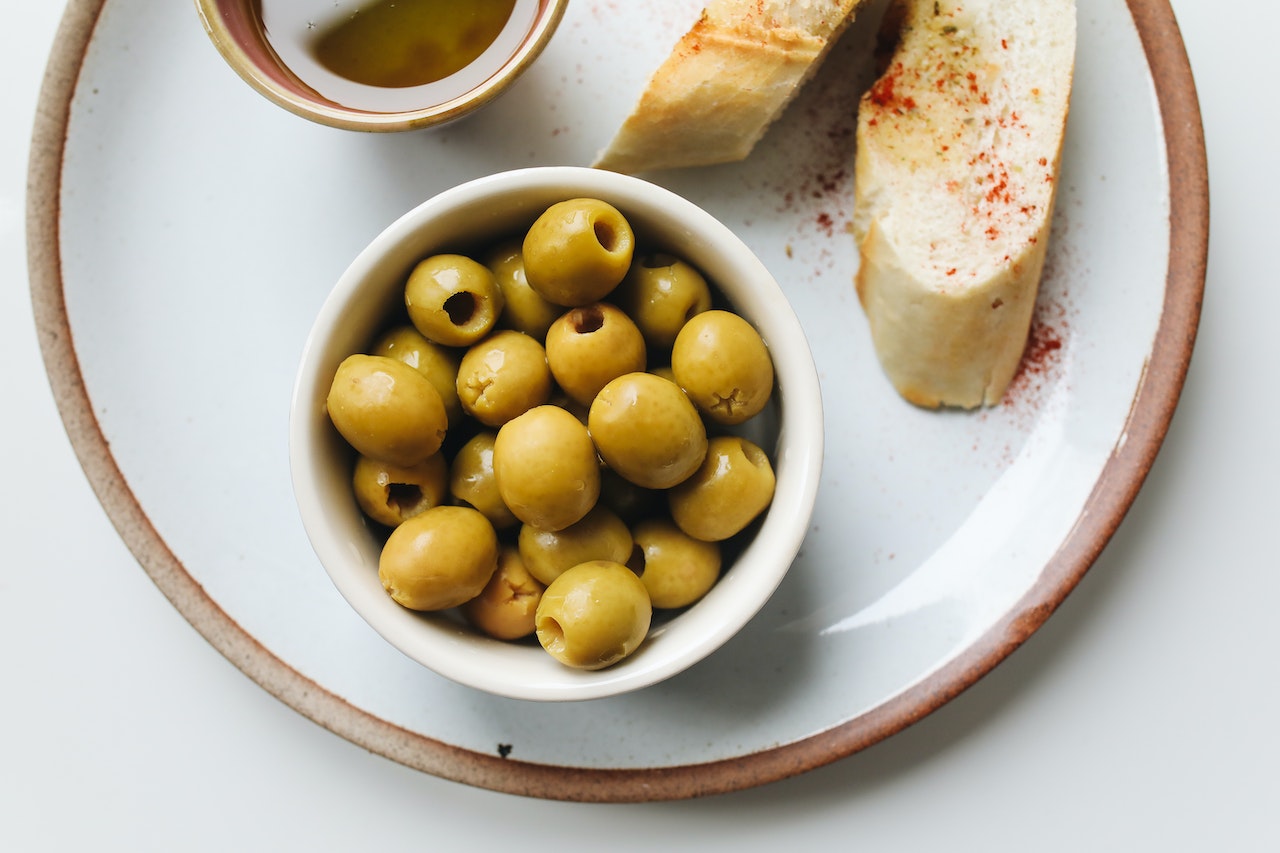
12. Brine-cured Olives
Olives that are brine-cured are high in probiotics, as the brine allows probiotic cultures to thrive.
13. Kvass
Kvass is a traditional Slavic and Baltic beverage made from rye bread. It is rich in probiotics and is commonly used to promote digestion and cleanse the liver.
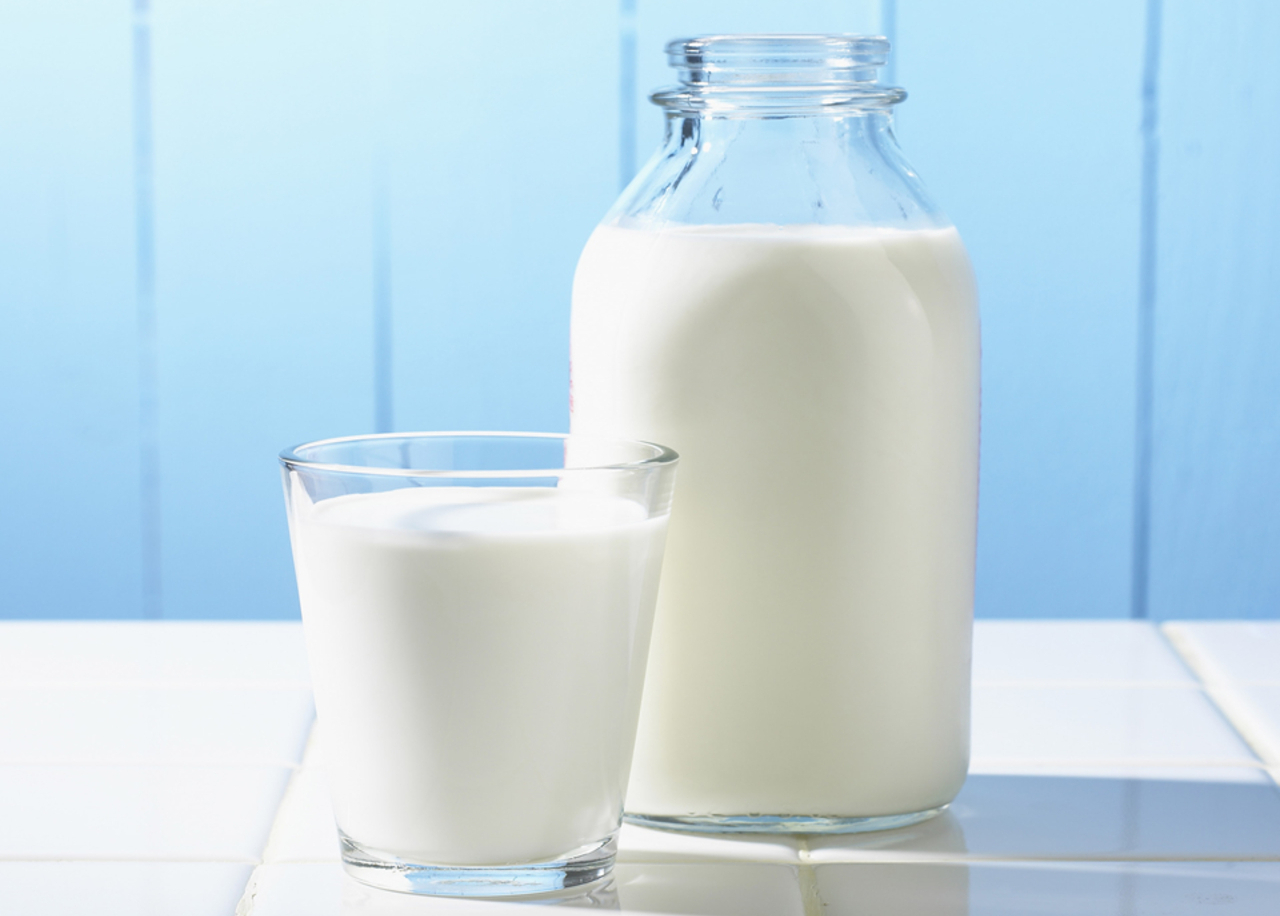
14. Raw Milk
Raw, unpasteurized milk is a great source of probiotics. However, raw milk also carries a risk of containing harmful bacteria, which is why it is not recommended for everyone.
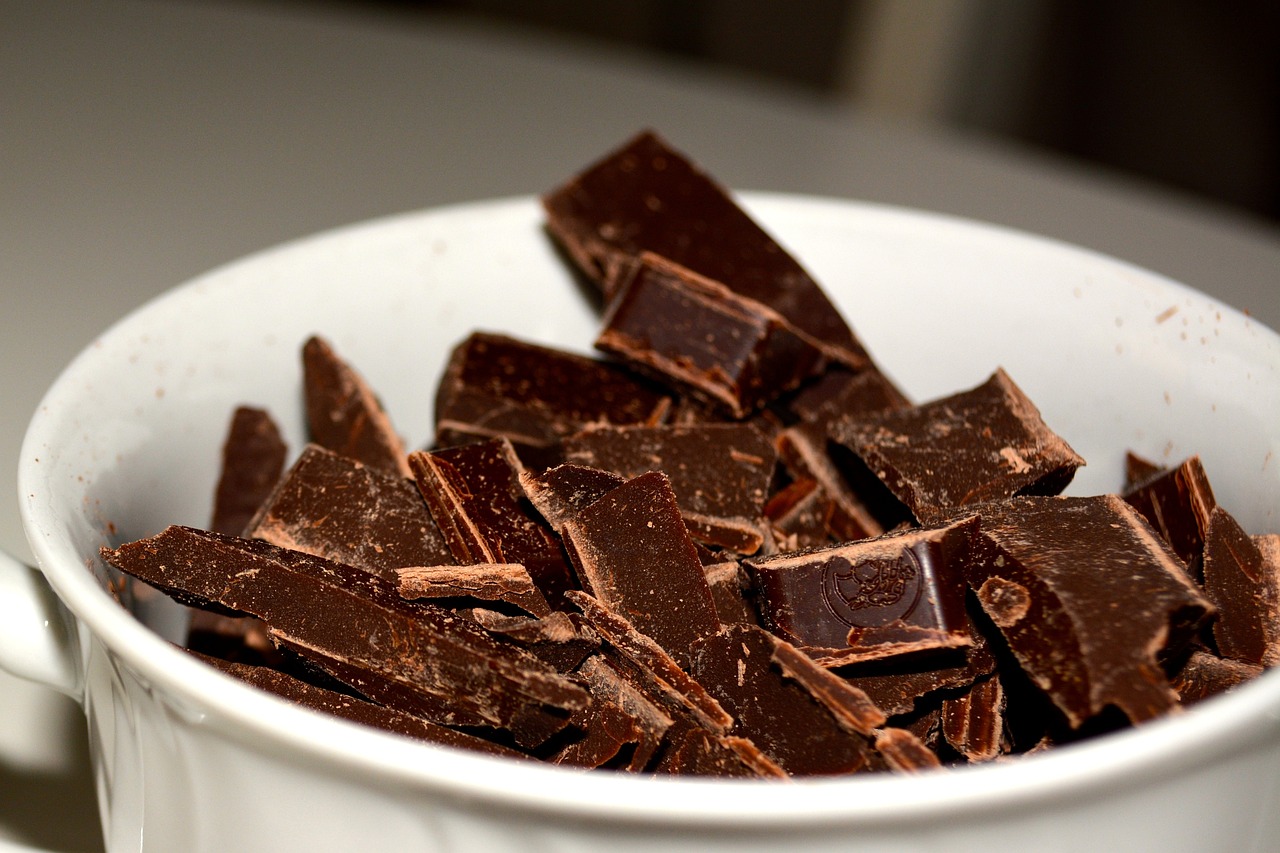
15. Certain Types of Dark Chocolate
Certain types of high-quality dark chocolate contain probiotics. They are a delicious way of getting in your dose of probiotics along with a good amount of antioxidants.
In conclusion, integrating a variety of these probiotic-rich foods into your diet can help improve the balance of your gut microbiome, leading to enhanced digestion, better immunity, and overall improved health. However, remember that dietary changes should be made with the advice of a healthcare provider, especially if you have existing health conditions.







